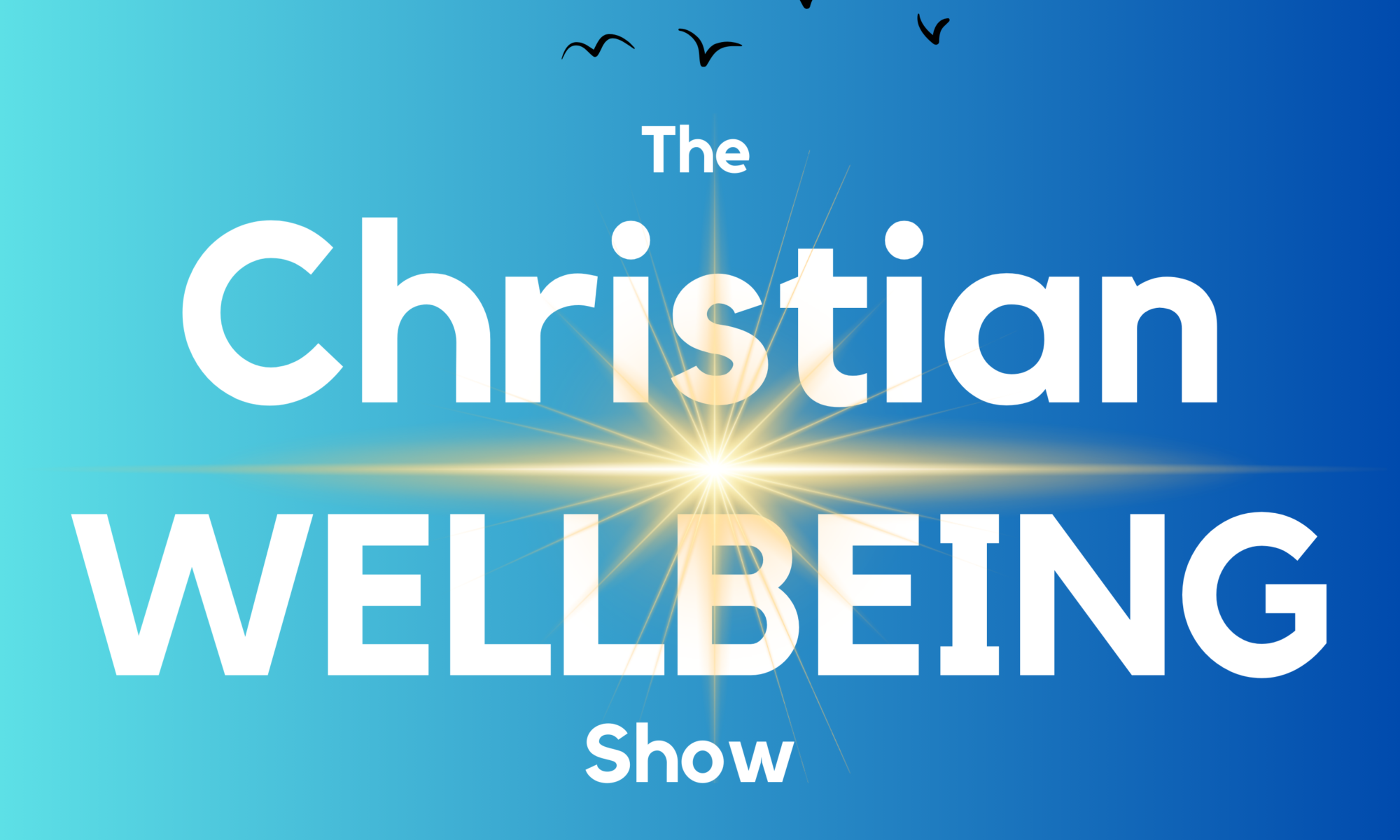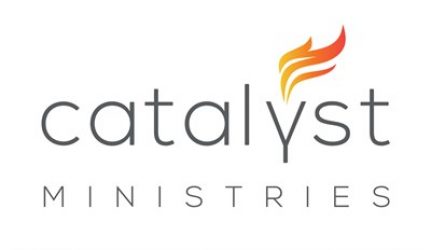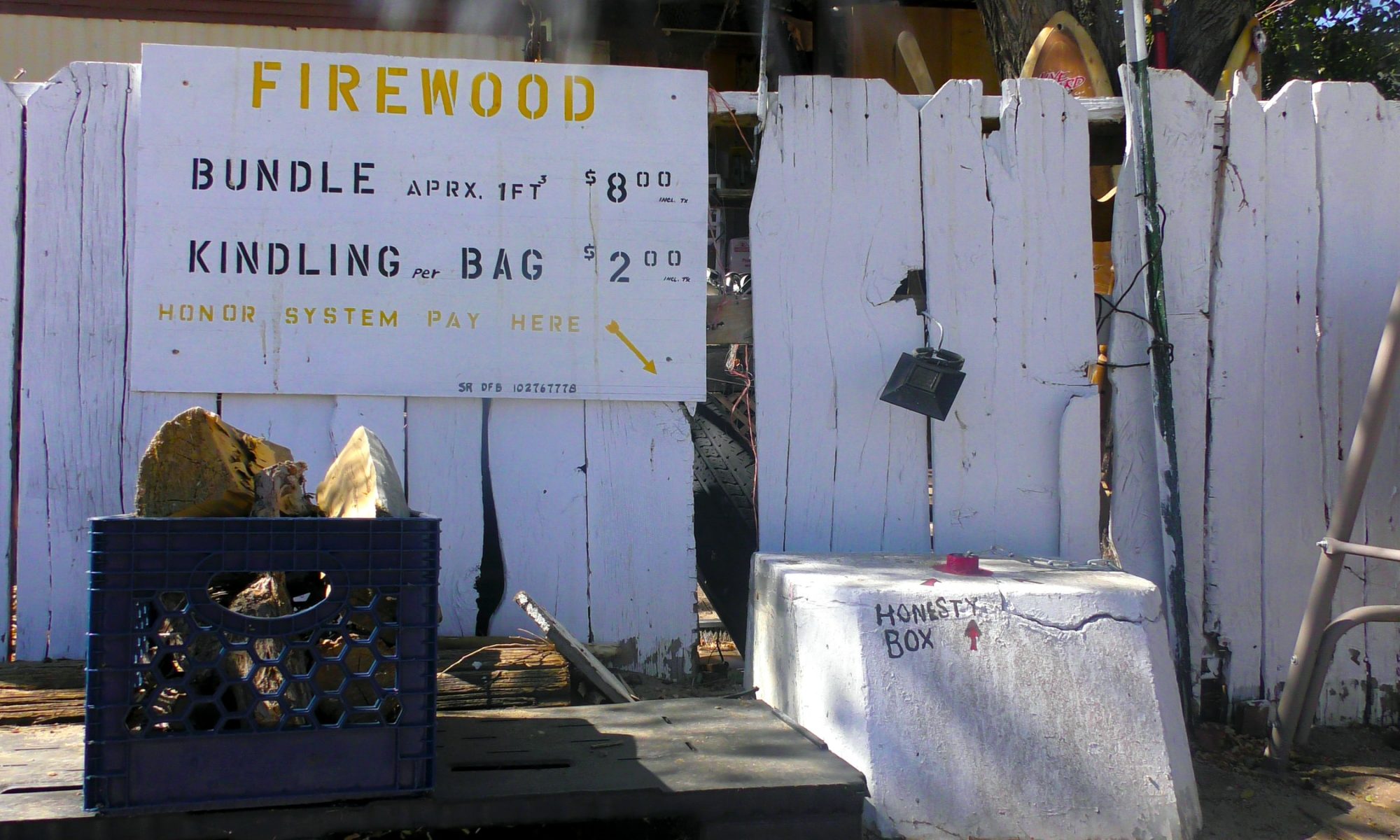Honesty box
Up the lane where I live in the Welsh countryside there is a small organic food shop. It is the ultimate ‘convenience store’ as not only is it open 24/7, night and day, it is also unmanned. It works on an honesty box system. You take the items you need. You weigh and price them up and record the total in a notebook. You put the cash in a box and take any change as necessary. What’s more, if you don’t want to pay with cash, you can record your name and amount you owe in a different notebook and you pay later by bank transfer.
Labour intensive check-out
Contrast this with my experience when I lived in China. When my family and I first lived there in the late nineties, if we wanted to buy something in a department store, this involved a long-winded process. We had to take the item(s) to the first cashier who would calculate what we owed using an acabus. They would then fill out a receipt book using carbon paper and give us two of the three inscribed sheets to take to a different assistant in another part of the store. This person would take the payment and stamp our sheet of paper showing we had paid the required amount. We then had to walk back to the first cashier and give them our receipt stamped ‘paid’ in exchange for our purchased items.
Years later we were pleasantly surprised when this laborious system received an upgrade. We could do some food shopping in a supermarket and place our items on a checkout conveyor belt and pay the cashier who now had an electronic cash register. This was a much more familiar and convenient process more suited to the twenty-first century. However, little did we realise that as we were about to leave the store with our food bags we were halted at the exit. We could not leave without presenting our till receipt in order to have it cross-checked with what we had in our bags. If all was in order and we didn’t have any items we hadn’t paid for, our receipt was stamped and we were free to go!
The difference between the two country experiences cannot be ascribed to economic development or operational procedure. It goes much deeper than that. It relates to foundational values within the respective cultures. An honesty box system would typically not work in China, or in many other countries. People would take the food produce and the money which would necessitate employing a cashier and restricting the opening hours. Sadly, today a system which relies on trust and honesty would not always be viable in many Western nations too as morality has declined.
Protestant countries least corrupt
Transparency International (TI), a German nongovernmental organisation, each year publishes a Global Corruption Perceptions Index (CPI) that ranks countries from the least corrupt to the most corrupt. Based on surveys and expert assessments measuring public sector corruption, each of the 180 countries are given a score from zero (very corrupt) to 100 (very clean). In the 2019 rankings, China ranked 80th with a score of 41; the UK ranked 12th with 77. It is notable that the least corrupt countries are the Protestant countries – that is, secular nations whose cultures were shaped decisively by the Bible.
Clearly, some level of corruption can be found anywhere, but the CPI highlights a fundamental difference where a biblical worldview has shaped certain nations. In China one has to bribe a doctor to ensure he performs well in a medical surgery. Nepotism is rife in business transactions. A university lecturer once asked me if I could help find a published thesis that he could plagiarise to earn his own Masters degree. I could give other similar examples from when I lived in Thailand.
‘We swim in Christian waters’
How did ordinary people within the UK become so different from people within China and many other more ‘corrupt’ nations? It isn’t because Chinese people are inherently more corrupt than the British. The simple answer is that the Bible taught the people of Britain that even though no human being may be watching us in the organic shop, God, our ultimate judge, is watching to see if we obey His command not to steal. According to the Bible, “Nothing in all creation is hidden from God’s sight. Everything is uncovered and laid bare before the eyes of him to whom we must give account. ” (Heb. 4:13).
In the most secular nations (communist, atheistic) corruption can only be addressed by closely monitoring people’s behaviour and strong, punitive actions for those caught. One cannot rely on people’s right behaviour. This is why purchasing items in China had to involve more than one person. There was no culture of trust.
While many British people today may reject Christianity, the fact is that biblical truth is embedded within the DNA of the nation. We still essentially have a culture of trust. Christian teaching and theology has rewired our brains. As historian and author, Tom Holland, puts it, ‘We swim in Christian waters’.
“People in the West, even those who may imagine that they have emancipated themselves from Christian belief, in fact, are shot through with Christian assumptions about almost everything. . . All of us in the West are a goldfish, and the water that we swim in is Christianity.” 1
Inner morality
Prior to the great spiritual awakening of the eighteenth century, Britain was as corrupt as any other nation and in deep moral darkness. The biblical revival, however, led by John Wesley and George Whitfield, was transformational. As Vishal Mangalwadi notes, ‘One cannot explain nineteenth-century Britain until one understands Wesley and the Bible. The same applies to nineteenth-century America.’ 2
The idea of moral absolutes is common to both Christianity and Islam. The difference, however, is that Allah is too majestic to come into a sinful heart or world. Sinfulness then has to be restrained by external controls and by people who are sinful themselves.
The gospel of Jesus Christ is that God has come into this world and can clean us from the inside, writing His law on our hearts. With a renewed heart and mind, and a sanctified conscience, inner self-government is possible which can lead to socio-political freedom and clean public life.
1 Tom Holland, Dominion: The Making of the Western Mind, 2019
2 Vishal Mangalwadi, The Book That Made Your World, 2011, 273
Photo by Skylor Powell on Unsplash


